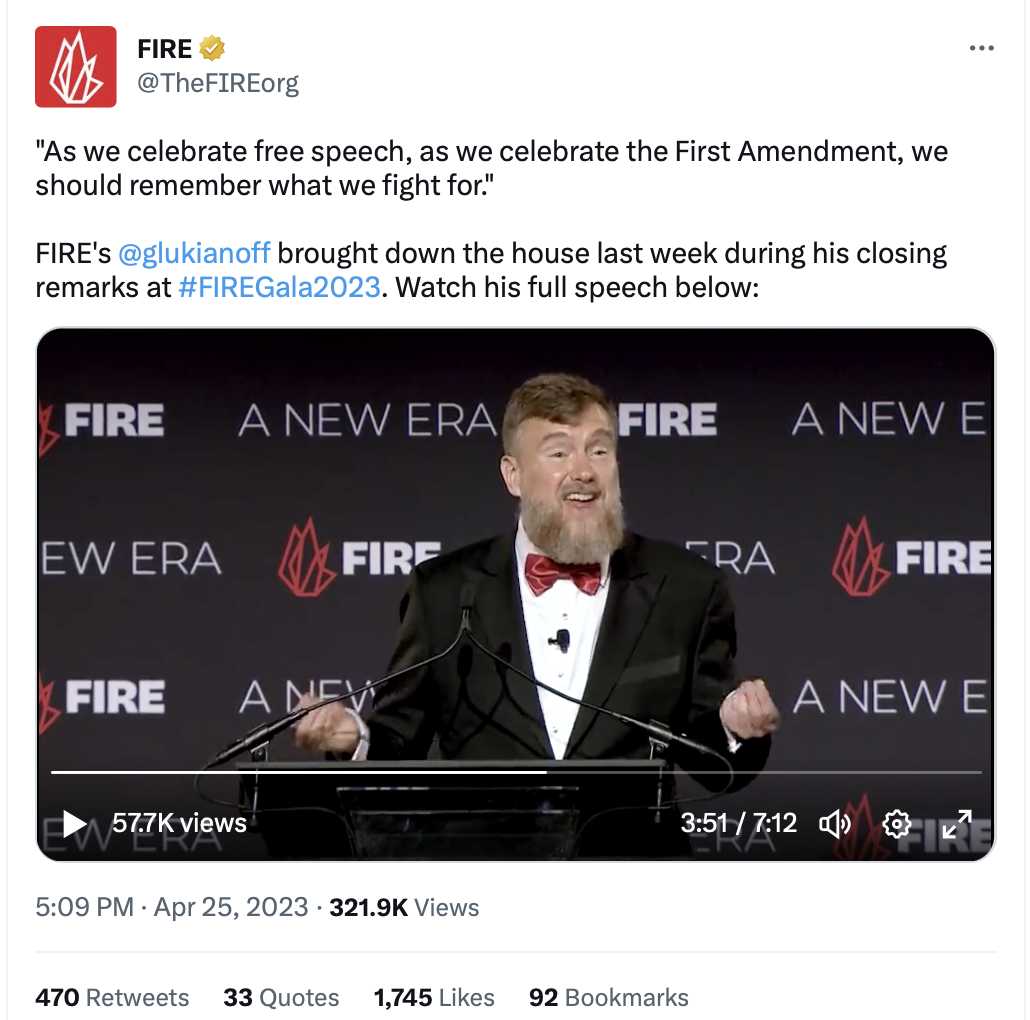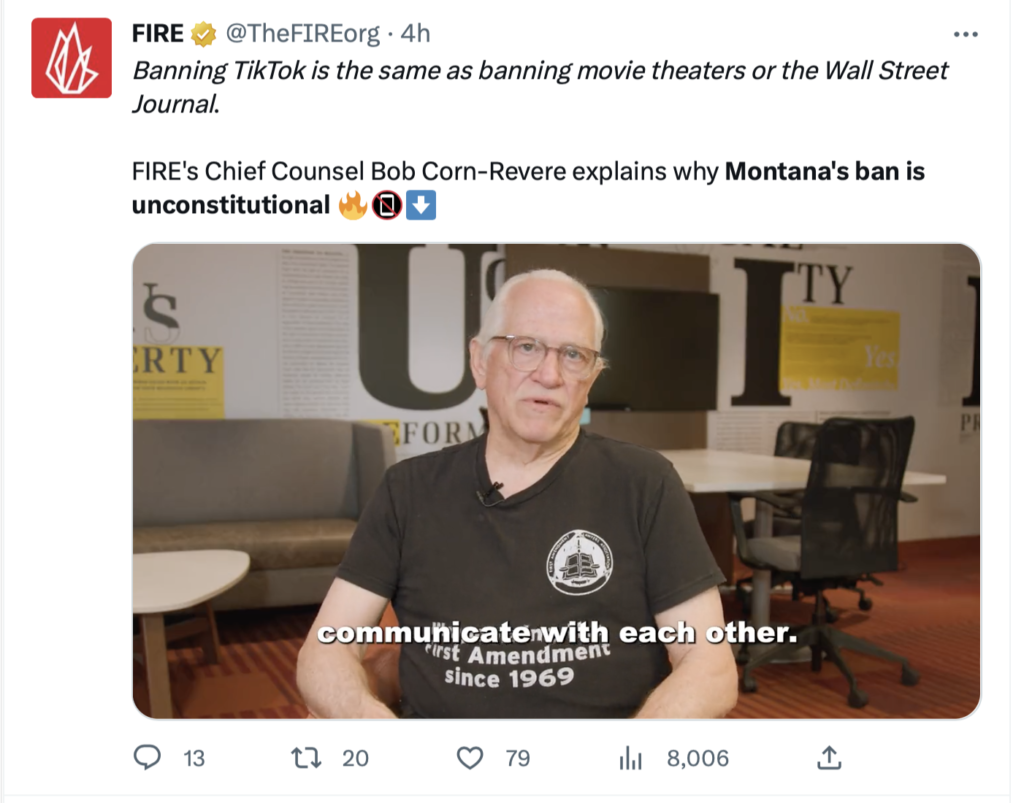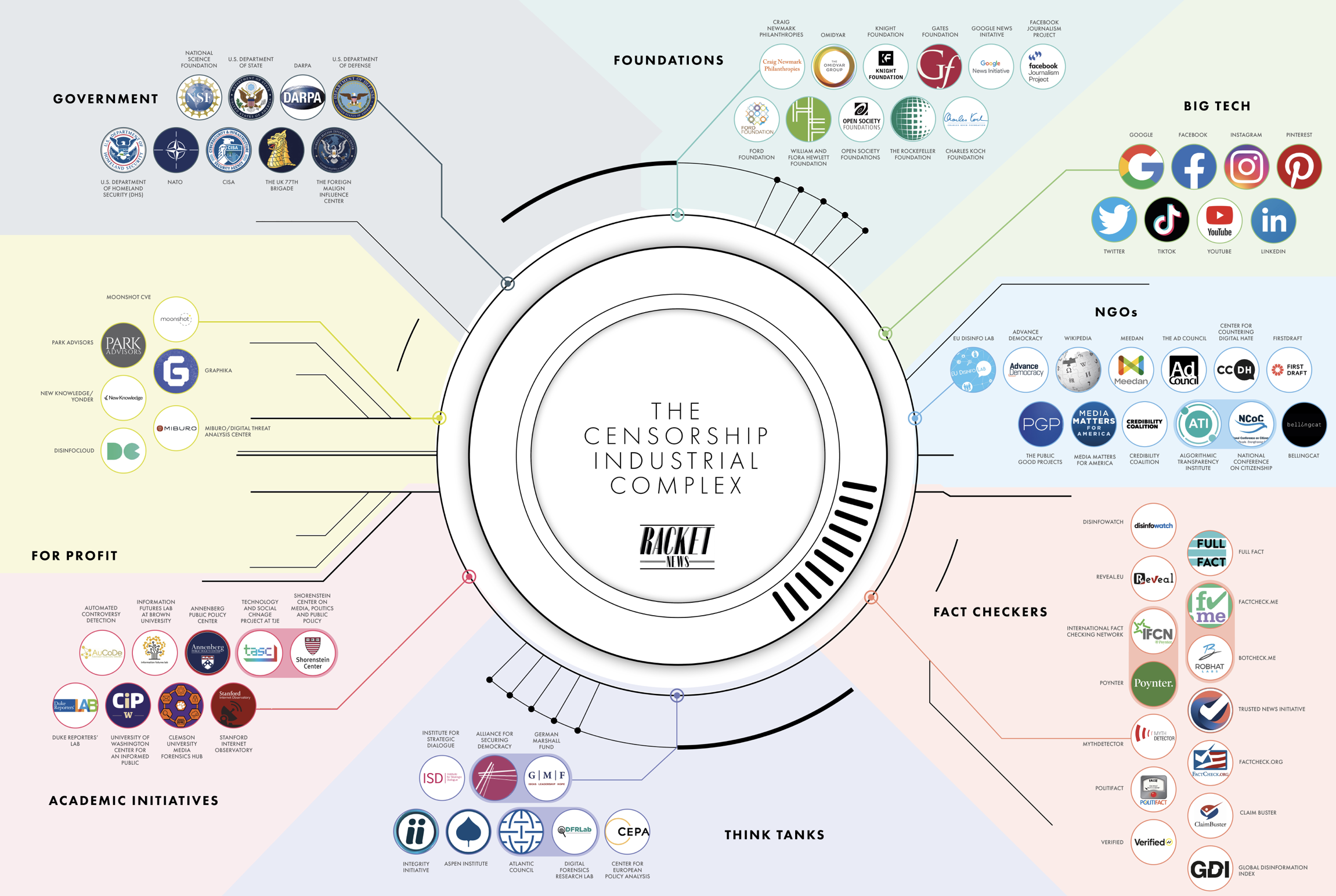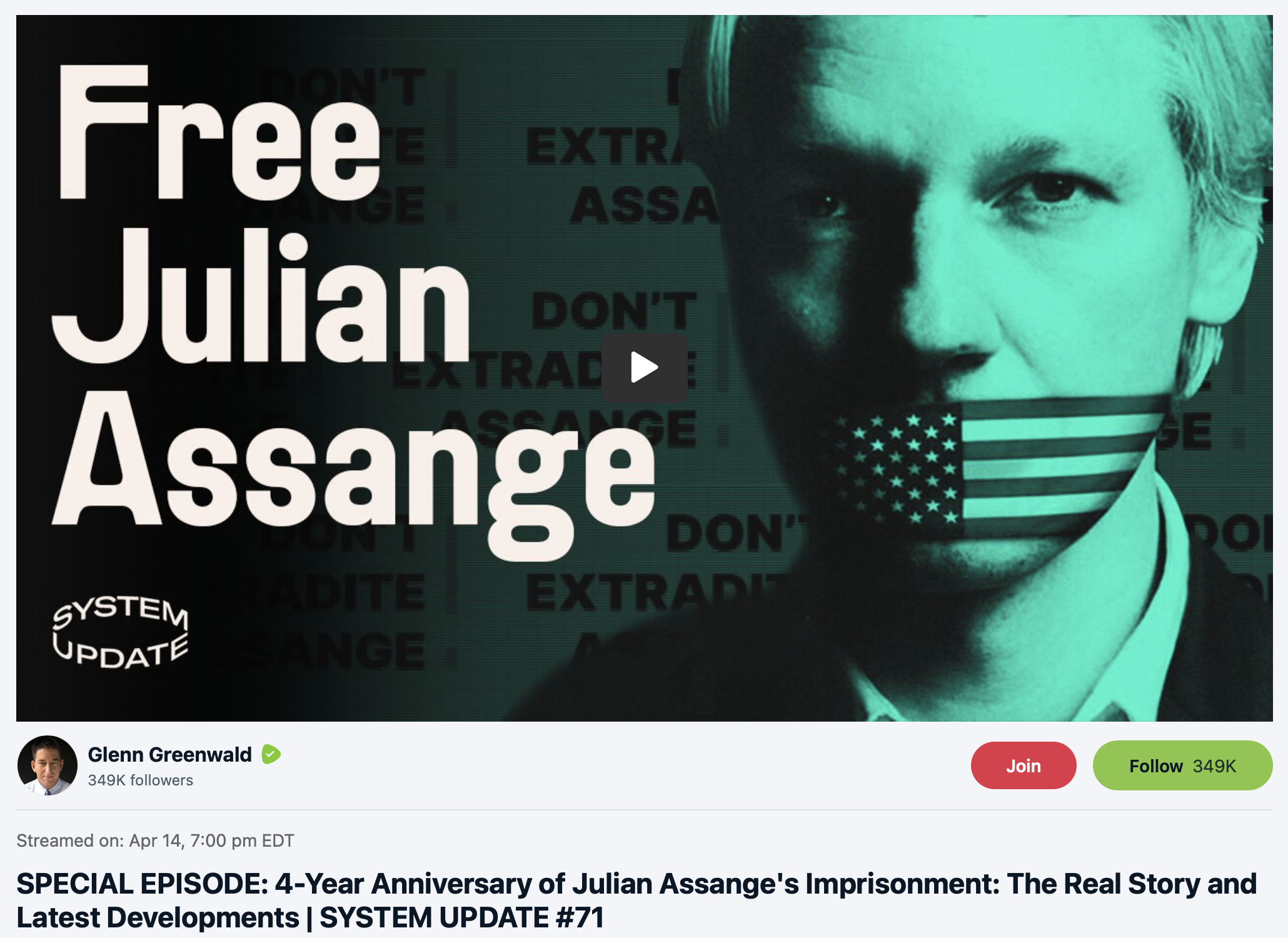Greg Lukianoff, CEO of FIRE, addressing the audience at FIRE's recent gala expanding its free speech mission beyond schools and colleges. I created the following transcript based on this video:

Athens. 375 BCE. The agora. A man goes before the agora, and he talks about a better world in which the smartest of us would would lead us the people who can understand the real and permanent truth that exists beyond our common understanding. It would be a new and better world led by the Guardian class. And a man stands up and says, "Plato, this sounds awful. Like really awful. "By philosopher kings, you mean like you right? And you really think us dummies sit and watched shadows all day?"
Fast forward ahead to the French Revolution. Robespierre is defending the terror by citing the general will. This same figure pops up again, and says, by "general will," you mean like yours, right?
Fast forward again, to default to the Bolshevik revolution. People say to Lenin, "You know, I don't know if you're seeing this. But your system makes good people into suckers and sociopaths and gives them superpowers, right?"
And then fast forward again to the Nazis. And someone stands up and says, "So you guys think you're really into evolution, and you don't understand biodiversity?"
And sometimes these people managed to survive because instead of saying any of this stuff, they stand up and instead say, "I don't want to get guillotine. Anybody else want to move to the United States?"
And a lot of us are descended from these very types of people. I am for one. And why do I bring this weirdo up? Because he is us. He is people like the people in this room. People who do not like the arrogance of power. People who do not like the idea that someone who thinks they're smarter than us is going to tell us what to say or what to think. It's the personality that brings us all together.
So one thing that all the weirdos that I work out at FIRE have in common is we hate bullies. What is our job? Our job is to fight the Guardians, now and forever. And the problem is, of course, that a lot of times, this is a population that self-elects in every generation, the ones who are going to save us from ourselves. Weirdly enough, they oftentimes claim to speak for the people, which doesn't really work. The funny thing is they usually talk about, "Oh, I speak to the people. I mean, maybe there's people over there. They're the real people. You might have false consciousness or something.
And whenever you hear this, and it's very important to say today, when someone says that they claim to speak for the people, you should say to them, "Why don't you let the people speak for themselves?" That is the wisdom of the First Amendment. So what do we get as we celebrate free speech, as we celebrate the First Amendment? We should remember what we fight for, because the fight is getting harder. But we need to remember why we fight for it. So what does free speech give us? Free speech does not give us certainty. And that's a good thing. Certainty is a dangerous illusion. But it does give us richness. It does give us complexity. It does give us nuance. It does give us awe if we're lucky. And it gives us the only chance we'll ever have to know the world as it really is. And what does free speech give us that's better than civility? Candor, and authenticity. Authenticity. You cannot be yourself if you're not allowed to speak. Censorship is a tactic used over and over again that societies use to lie to themselves that they're just fine. And that's why I've joked for years that censorship is like taking Xanax for syphilis. It makes you feel a little better about your horrible disease. But your horrible disease keeps getting worse.
What else can free speech give you that the Guardians can't? Individuality? You can't have individuality without freedom of speech. There's a cynicism that often goes with this. Just remember that when people talk about being unique individuals--and we have all of this kind of putting people in the groups--remember, your individual uniqueness is a scientific and mathematical fact. Not some goofy poetic vision. It's literally true and never let someone take that away from you.
On the Other Side, none of us are all that smart individually, except for maybe Steve Pinker, who's here tonight. But if we stay curious, intellectually humble and keep talking to each other, we can know a billion billion times more than any lone human being. It'll be messy. It'll be strange. It'll sometimes be troubling. But I'd rather live in the real world with the unruly and ever-evolving lot of you than to live in the dreary conformity of any utopia. I want nothing to do with utopia. It's a place where humans can't go and stay fully human. The chaotic paradise, the loud, creative cacophony of a free people, is where I want to be.




